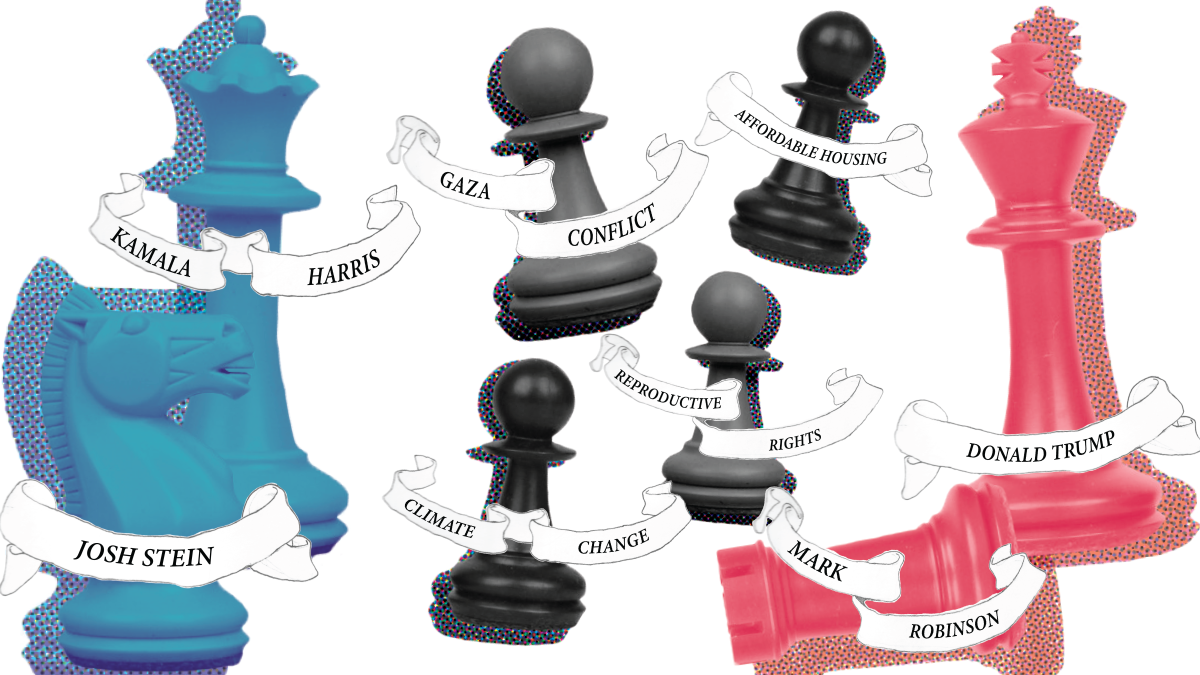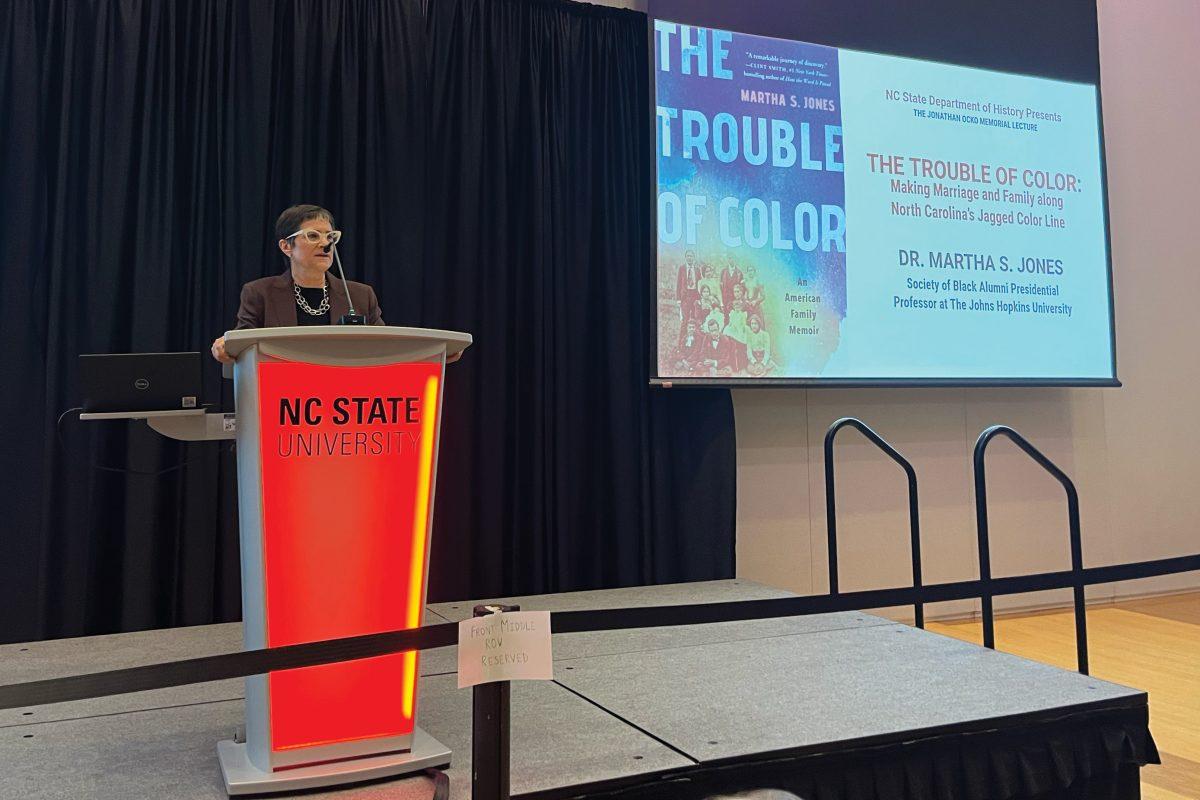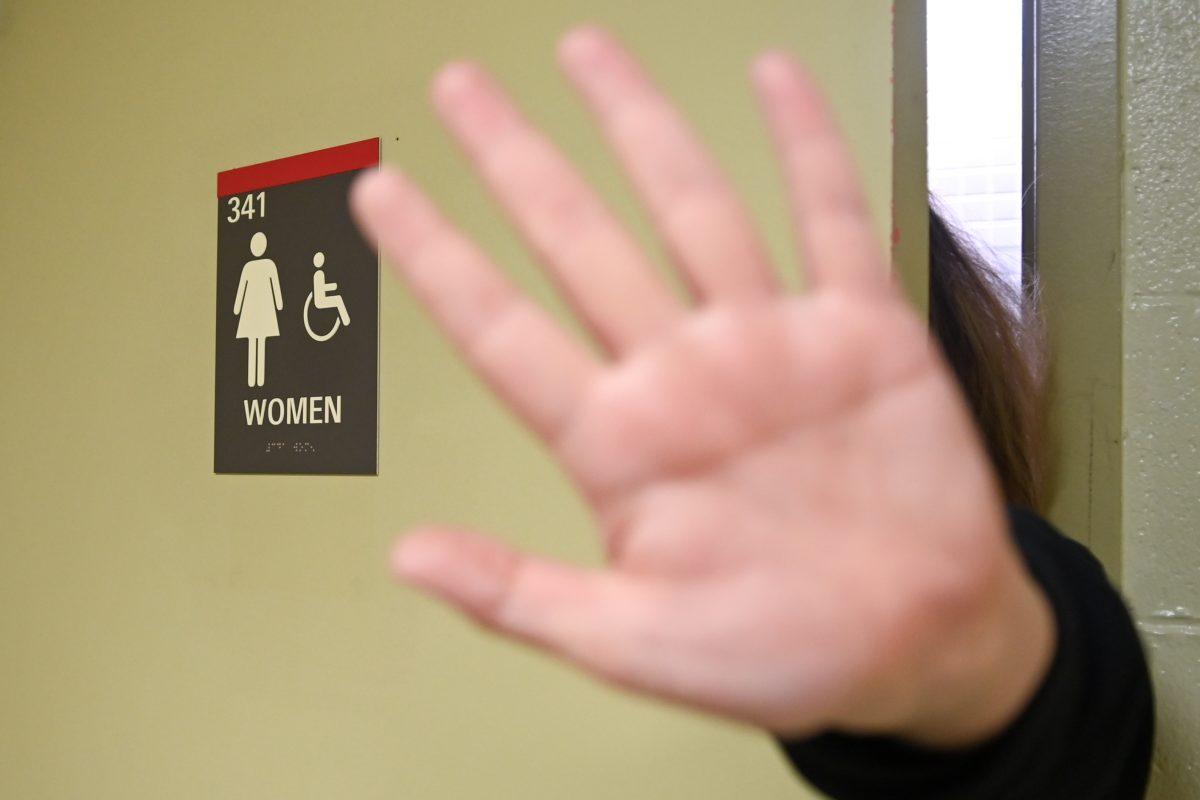Every four years, campaigns and ads sweep North Carolina up in a frenzy of swing state discourse and debate. Analysts, politicians and voters alike cite the state’s purple demographics and convince themselves this could be the year North Carolina flips blue.
2024 is no different. The hype for the Harris-Walz ticket has taken the state by storm. But Democrats haven’t tasted general election success in the state for over 16 years. Is the tide really set to turn this year, or will Democrats fail to entice the full coalition of young voters needed to swing the state?
State politics dominated by decades of successful Republican operatives like Tim Moore had hampered any sign of life for blue organizers. Enter 26-year-old Anderson Clayton, the youngest state political party leader in the country, and the NC Democrats seem to have taken a breath of fresh air for the first time in years.
Clayton, hailing from rural Roxboro, North Carolina, has revived the state party’s energy and entirely redirected its priorities. The 2023 elected chair has emphasized reaching voters in parts of the state overlooked by Democrats in recent years and platforming issues important to mobilizing young voters.
The national party has taken notice and followed suit.
Harris’ first campaign stops after her September debate were held in Charlotte and Greensboro — her then-ninth visit to the state of the year. Harris and high-profile members of the campaign have held a presence in the state ever since, and the vice president has been to North Carolina twice already since Hurricane Helene. For Democrats, the state is very much in play.
The Harris campaign has set up 28 field offices across the state, with an extended presence in rural communities missing in previous elections. The campaign has amassed over 30,000 volunteers in North Carolina and has more than 340 staffers stationed in the state.
According to the Harris campaign, North Carolina operatives are especially focused on mobilizing young voters. Over 80 members of the campaign staff are dedicated to turning out the vote on college campuses and have held almost 200 events in the state to engage students.
Logan Lowery, a first-year studying political science and Park Scholar, is a campus fellow for the North Carolina Democratic Party at NC State. Lowery said people in her camp are comparing this election cycle to 2008.
“There’s just a lot of energy that we haven’t seen in the past few years,” Lowery said. “People are excited to vote for Harris, people are excited to vote for Josh Stein, and that pushes them to go vote rather than some voter apathy that we’ve seen the last few years.”
Lowery pointed to Clayton and her initiatives as a representation of how the party is going to be successful in North Carolina.
“The Democratic Party is going to have to reach out to rural voters and young people and the people who are often marginalized on both sides,” Lowery said. “I think we do a really good job of that right now. I think people are really starting to feel represented.”
Comparisons to Obama’s campaign in 2008, the last time a Democratic ticket took North Carolina, are the talk of the town in national news syndicates. Obama was able to create a coalition in the state that took advantage of changing youth and racial demographics, delivering North Carolina for Democrats for the first time since 1976.
In 2020, Trump’s North Carolina victory was his slimmest in the country. Just 1.3% of the vote — a margin of less than 75,000 votes — edged the state for Trump, a number down from 3.6 points in 2016. Combined with the possibility of up-and-down ballot fallout from Mark Robinson’s campaign controversies, as well as polls showing Harris and Trump neck and neck, the state appears to be there for the taking.
Lowery pointed to Harris being a young, biracial candidate who’s highlighting issues young voters in particular are passionate about. The campaign has emphasized “meeting young voters where they are and uplifting issues that are on the ballot for young voters,” citing reproductive freedoms, climate change and affordable housing.
Ryan Sedlacek, a third-year studying chemical engineering, is the president of NC State’s Progressive Student Task Force. Though Sedlacek aligns with these issues and plans to vote for Harris, he noted his disappointment in the party’s efforts with affordable housing and food insecurity.
“Look around — the amount of unhoused people across the country and North Carolina is going up because there aren’t any incentives focused on the lower to middle class,” Sedlacek said. “There’s nothing that’s really been put into place that’s uplifting these people. Every policy that’s put into place is treating the symptoms, not the root cause. So while I will endorse the Democratic Party, I’m still very disappointed in the policies we see going forward.”
Sedlacek said most in the organization plan to vote for Harris and adamantly for Democrats down the ballot, but called the choice a vote for the lesser of two evils. Harris’ policy and rhetoric towards the conflict in Gaza do not align with his progressive ideals.
“Both Donald Trump and Kamala Harris are very pro-Israel,” Sedlacek said. “There is no candidate that’s supporting the Gazan people. There’s no one supporting Palestinians. So right there, it’s a huge deficiency, especially with the arms they’re giving to Israel.”
Sedlacek believes young voters could be dissuaded from voting for Harris because of her position on Israel and worries it might have negative down-ballot effects for other Democratic candidates.
“Outside of the organization, just from people I talk to, there is a lot of sentiment out there of, ‘I’m not sure if I’m willing to vote for Kamala Harris,’” Sedlacek said. “I think it’s a very fair sentiment. … So what I’ve been telling people is, ‘I understand if you are hesitant voting for Kamala Harris, but the most important thing is voting down ballot for Democrats.’”
John Della Volpe, director of polling at the Harvard Institute of Politics and advisor for the Biden campaign in 2020, told the Washington Post that the Israel-Hamas war was among the lowest-ranking issues for young voters. Volpe said there is a disconnect between the coverage of demonstrations from college students and what the majority of young people actually think about the conflict.
The same cited poll found the majority of young Americans support a ceasefire and 44% disapprove of Israel’s response to Oct. 7. A later poll from the same organization noted 32% of young voters are in favor of an arms embargo on Israel and 44% of respondents were unsure.
Pooyan Ordoubadi, co-chair of the North Carolina Abandon Harris campaign, is a Triangle-based lawyer who is currently representing students from multiple UNC System schools who were arrested in pro-Palestine campus protests. He believes young people have an apathetic outlook on the election this year.
“I think that the main concern for the Democrats isn’t necessarily young people voting against them, [but] young people not showing up and voting at all,” Ordoubadi said. “I think more of them are disgusted by our political system in general and probably not going to be taking part in it. That seems to be my impression.”
Especially with the razor-thin margins of swing states like North Carolina, Ordoubadi doesn’t think the Harris campaign fully grasps the potential implications of overlooking organizations like his.
“I think she’s made the calculation that our community probably is not organized, and that it’s a risk that she’s willing to take,” Ordoubadi said. “I don’t think it’s the best political move, especially given the fact that the vast majority of Democrats actually want a ceasefire. I think it’s a question to ask Harris that, if the Trump presidency is such a threat to our democracy, why is she risking the Trump presidency by continuing a genocide?”












